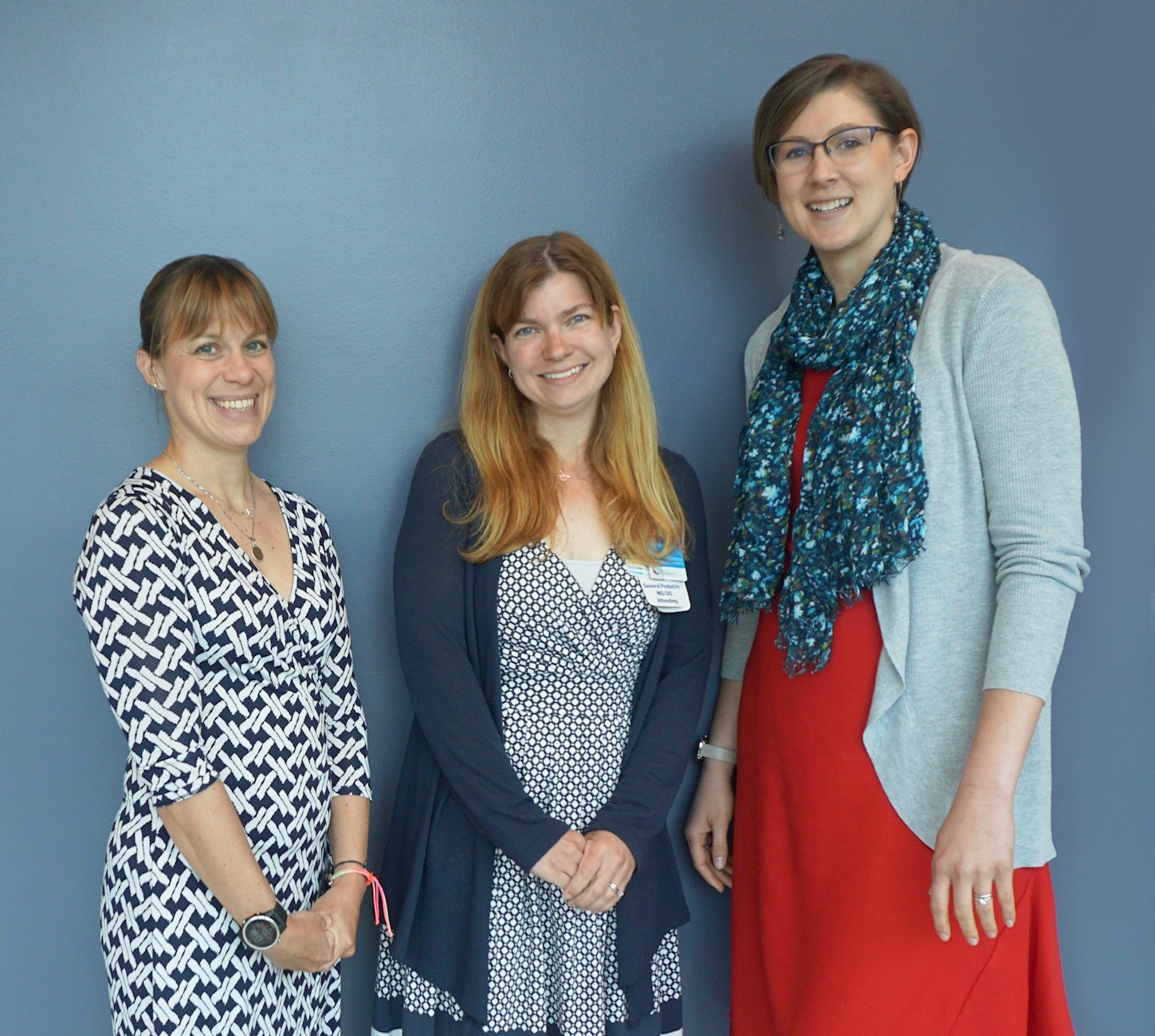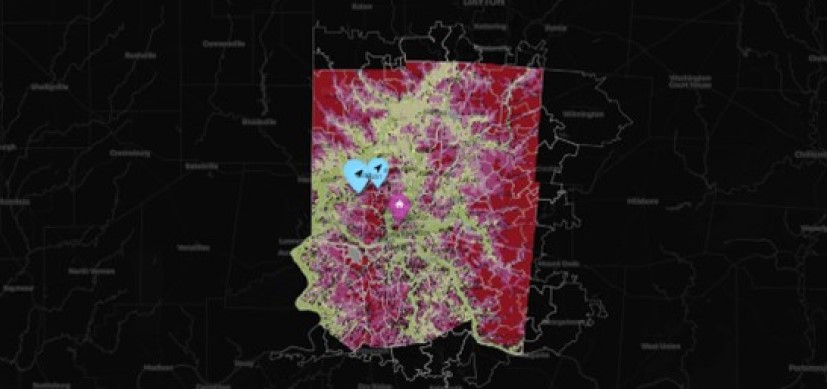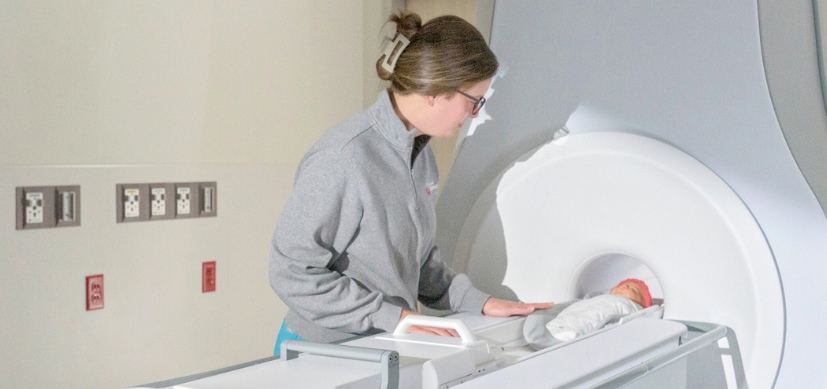Cincinnati Children’s Licenses Technology to Improve Well-Being of Kids in Foster Care
Post Date: September 14, 2021 | Publish Date:

Cincinnati Children’s has reached a licensing deal for software developed by medical center researchers and physicians to improve outcomes for children in foster care.
Cordata Healthcare Innovations, which disclosed the deal Sept. 13, 2021, stated that the Cincinnati-based company intends to expand its efforts to address complex healthcare and social challenges through commercialization of the technology. Financial terms of the deal weren’t disclosed.
The software is known as IDENTITY, which stands for Integrated Data Environment to eNhance ouTcomes in cusTody Youth.
The proprietary technology creates definitive matches between a healthcare organization’s electronic health record and the Comprehensive Child Welfare Information System, which enables real-time data sharing between medical teams and case workers to improve overall outcomes of kids.
“We are honored to have been selected by Cincinnati Children’s to commercialize this important technology,” said Gary Winzenread, president and CEO of Cordata, a software as a service company that connects communities and healthcare organizations to better serve at-risk populations by coordinating treatment and community resources.
“The rising population of children in protective custody nationwide is being driven, in part, by the addiction and mental health epidemics, which Cordata has been actively addressing with providers, states, and local communities across the country,” Winzenread said in a news release.
Nearly 500,000 children in the United States are in foster care, and they are considered at higher risk for medical, dental, developmental, behavioral, and mental health concerns, according to Cordata. Because of different ways of storing records by healthcare providers and caseworkers, information is often lost or inaccessible.
Healthcare providers often do not know that their patient is in foster care, so it might be unclear who should provide consent for treatment or when medical information can be shared. At the same time, case managers might not have information needed to ensure new caregivers are aware of critical medical information such as medications and allergies.
The IDENTITY software, which could reduce treatment risk and help prevent gaps in healthcare delivery such as missed appointments, missed vaccinations, and proper care coordination, was developed by a team of researchers and physicians at Cincinnati Children’s that included:
- Sarah Beal, PhD, associate professor in behavioral medicine and clinical psychology and scientific director of child welfare research of the CHECK Foster Care Center at Cincinnati Children’s.
- Judith Dexheimer, PhD, associate professor in emergency medicine and biomedical informatics.
- Mary Greiner, MD, MS, associate professor in general and community pediatrics as well as medical director of the CHECK Foster Care Center at Cincinnati Children’s.
The Cincinnati Children’s team worked with Hamilton County Job and Family Services to close the gap in information and remove technical barriers to properly care for and support kids in foster care. They began discussions in 2014 about linking child welfare and EHR data for research purposes, and the resulting project was supported by a grant from the Cincinnati Children’s Hospital Academic Research Committee.
“Ensuring optimal health for children in protective custody requires a collaboration between the healthcare system and the child welfare system,” Greiner says. “IDENTITY opens the doors for rapid information exchange and communication, allowing everyone to be on the same page to provide the best possible care.”







